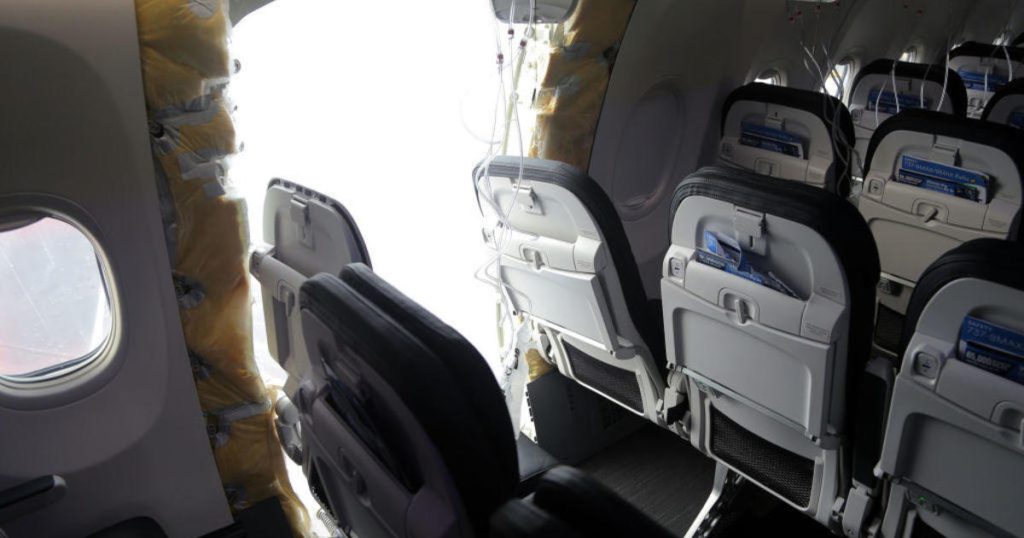Senator Tammy Duckworth is investigating Boeing’s failure to disclose important flight deck features of the 737 Max to pilots, specifically focusing on a recent incident where a door panel blew out mid-flight on Alaska Airlines Flight 1282. The pilots were unaware that the cockpit door was designed to automatically open during a rapid depressurization, leading to concerns about safety and transparency in the aviation industry. National Transportation Safety Board Chair Jennifer Homendy also criticized the lack of information provided to the flight crew, emphasizing the importance of knowing about potential safety issues.
Following the door panel incident, Boeing updated the Flight Crew Operating Manual to include information about the cockpit door opening during rapid depressurization. However, Senator Duckworth and aviation industry representatives are calling for a closer investigation into Boeing’s pattern of withholding critical information from pilots. The Allied Pilot Association and the Association of Flight Attendants-CWA have expressed concerns about the impact of this lack of transparency on safety culture and the need for regulatory action to hold Boeing accountable.
Duckworth highlights previous instances where Boeing failed to disclose important features, such as the Maneuvering Characteristics Augmentation System (MCAS) and the Angle of Attack (AOA) disagree alert, which led to the two deadly 737 Max 8 crashes that killed 346 people. She questions the FAA’s response to these omissions and calls for regulatory action to address Boeing’s deceptive conduct. Boeing has stated that it is committed to transparency and sharing information with regulators and operators, but concerns remain about the company’s track record and accountability.
In addition to the investigation into Boeing’s lack of transparency, Duckworth has petitioned the FAA to deny a safety waiver for the 737 Max 7 and Max 10 due to issues with the anti-icing system on all Max engines. Boeing has withdrawn the request and pledged not to seek certification for these planes until a fix is developed. These delays have led to operational challenges for airlines like Southwest and United, who are receiving fewer new airplanes than anticipated. Duckworth’s actions reflect a commitment to ensuring safety and accountability in the aviation industry.
Overall, the investigation into Boeing’s failure to disclose critical flight deck features highlights broader concerns about safety culture, transparency, and regulatory oversight in the aviation industry. Duckworth’s efforts to hold Boeing accountable and promote transparency are crucial in maintaining the integrity of aviation safety standards. By addressing these issues and advocating for regulatory action, stakeholders hope to prevent future incidents and ensure the safety of passengers and crew members.


